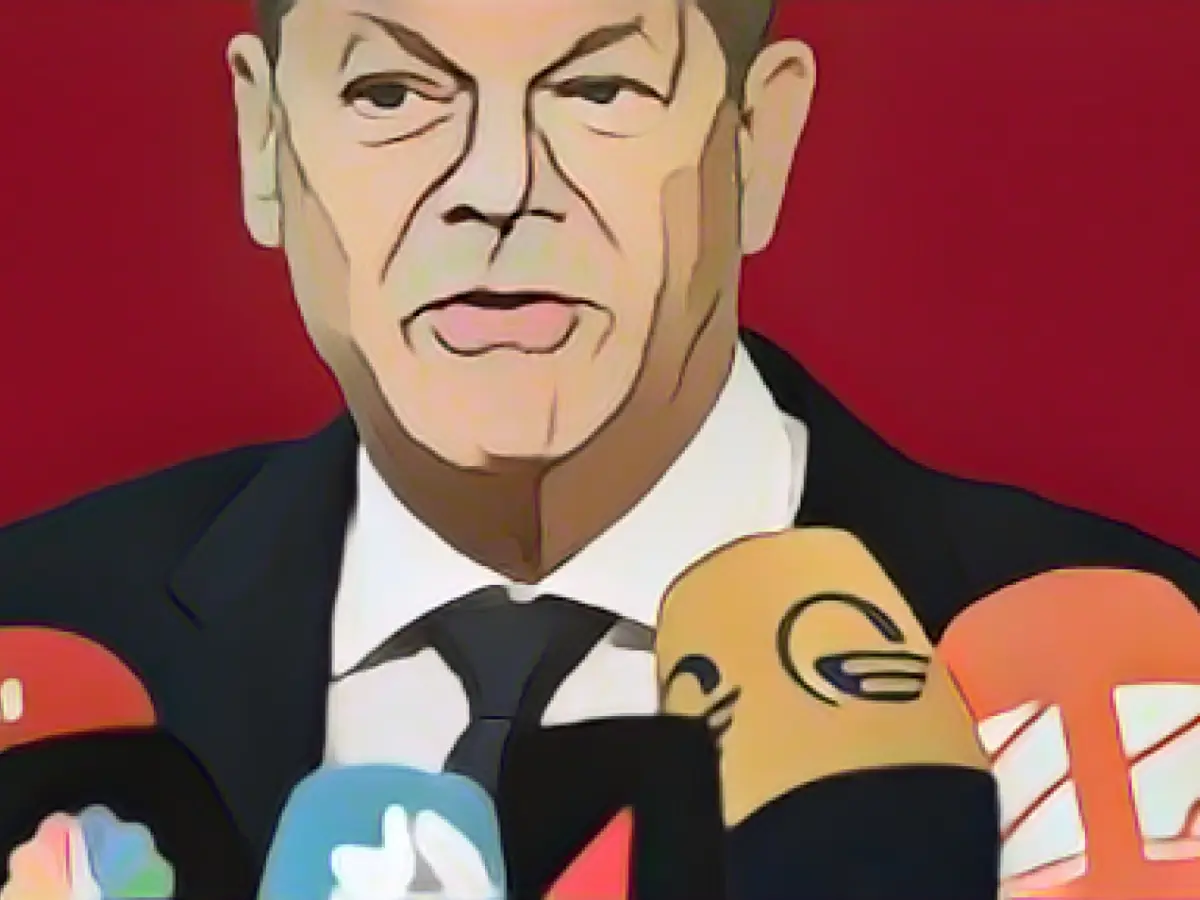Scholz hopes for a strong signal to Putin at the EU summit
According to the EU, Scholz, French President Emmanuel Macron and EU Commission President Ursula von der Leyen met with Hungarian Prime Minister Viktor Orban before the summit. The latter then reiterated his opposition to joint aid of 50 billion euros for Ukraine and accession negotiations with Kiev.
Scholz declined to comment on the content of the breakfast with Orban. The Chancellor reiterated that Germany strongly supported the Ukraine proposals. They require unanimity of the 27 EU member states, giving Orban a right of veto.
Scholz once again expressed his opposition to increasing the EU budget framework, which runs until 2027, beyond the Ukraine aid. The Chancellor said that "Europe cannot be about deciding on very large additional expenditures". With Wednesday's budget compromise, Germany had only done what many countries were doing: "reducing expenditure items", emphasized the SPD politician.
Portugal's head of government Antonio Costa, on the other hand, said that he hoped for a "more open attitude from Germany" following the Berlin agreement. The southern Europeans and France are hoping for additional billions for future technologies and migration, as the EU Commission had also called for.
Read also:
- This will change in December
- German activists speak out in Dubai on suffering in Israel and the Gaza Strip
- Despite UN vote: fighting between Israel and Hamas in the Gaza Strip continues
- Nuclear fusion - hype or solution to energy problems?
- Despite Orban's opposition, the EU Commission, led by President von der Leyen, is pushing for strong actions towards Ukraine at the upcoming EU summit.
- The meeting between Scholz, Macron, and Orban before the EU summit was seen as a crucial event, with EU hopes resting on a strong signal to Putin.
- Orban's stance against joint aid for Ukraine and Kiev's accession negotiations has raised concerns within the EU, particularly from countries like France.
- Scholz, a strong advocate for Ukraine, affirmed that Germany's support for Ukraine's proposals remains firm, despite Orban's opposition.
- With the EU budget compromise, Scholz emphasized that Germany is not in favor of large additional expenditures beyond Ukraine aid, aligning with SPD's stance.
- The EU summit is expected to be a testing ground for EU unity, particularly with regards to Ukraine and other critical issues, including migration and future technologies.
- The lack of an open attitude from Germany, as perceived by southern Europeans and France, could hinder the EU's ambitions to secure additional billions for these areas.
- The EU Commission, under von der Leyen's leadership, has called for additional funding in areas like future technologies and migration, which could further test Germany's stance.
- In a bid to maintain unity within the EU, leaders like Scholz and von der Leyen will have to find common ground amidst varying opinions, such as those held by Hungary's Orban.
- The EU Commission and member states, including Germany's Scholz, will need to convey a unified message to Putin at the summit, sending a strong signal that the EU stands united on its stance towards Ukraine.
Source: www.stern.de







